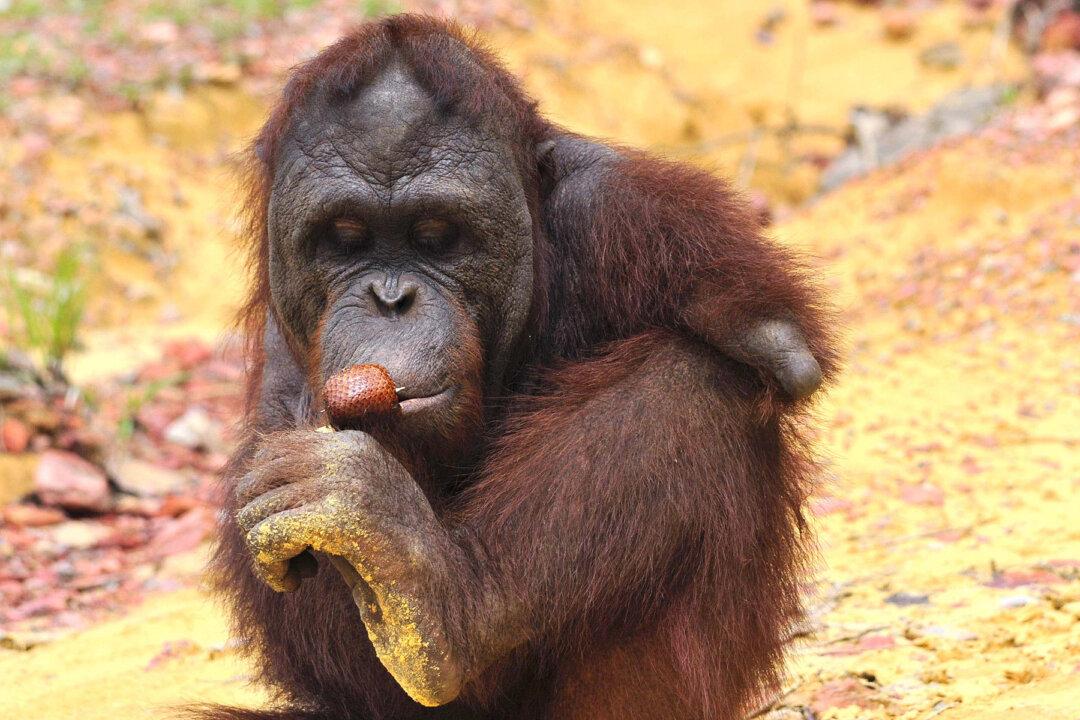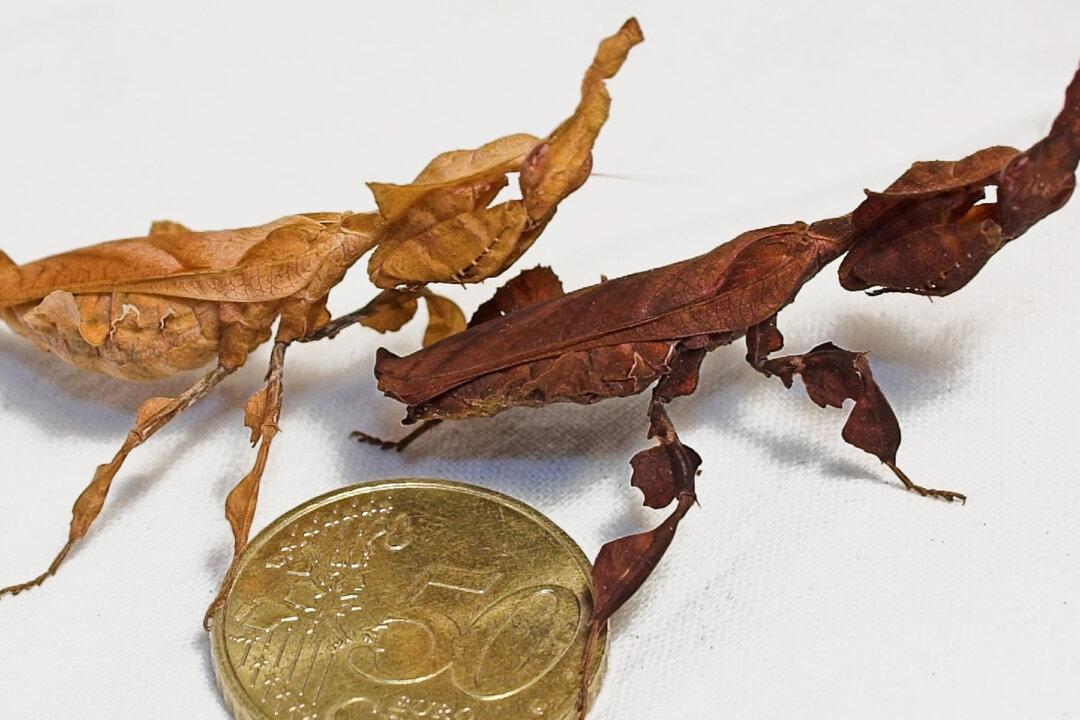Saving their wild rainforest habitat is of vital importance for orangutans on the islands of Borneo and Sumatra. Over the years, there have been many casualties of the interactions between man and ape as these forests dwindle.
One ape that lost his arms escaping from captivity is now finding his way back to the rainforest.





